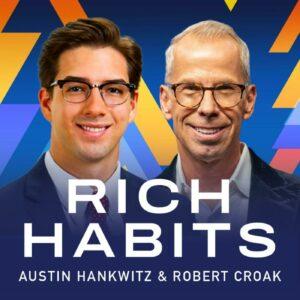
In this episode of Radiolab titled “The Right Stuff,” a group of potential astronauts gather at a private airport for a training flight to experience near-zero gravity. The flight serves as an experiment to see what would happen if disabled people were to go to space. The ambassadors, who are all people with disabilities, including blind, deaf, and prosthetic users, are there to be a part of this groundbreaking experience. The flight raises questions about disability, how the world perceives it, and what it means. Sherry Wells-Gensen, one of the key architects of getting disabled people into space, shares her personal journey and the importance of inclusivity in space exploration.
Sherry Wells-Gensen, a key advocate for disabled people in space, argues that disabled individuals possess skills that would make them excellent astronauts. The problem-solving abilities developed by people with disabilities on Earth align with the unpredictable challenges of space. Additionally, physical fitness, a crucial aspect of astronaut training, is often already prioritized by disabled individuals. Furthermore, ASL users may have an advantage in space due to their ability to communicate without relying on sound.
A parabolic flight with disabled ambassadors serves as a unique opportunity to investigate the effects of zero gravity on disabled individuals. Participants faced challenges with sound devices due to the loud noise on the plane. However, they were able to adapt to the disorienting experience of zero gravity and safely float. The simulation of gravity on the moon and Mars evoked powerful emotions in some participants, offering a glimpse into a different world.
The parabolic flight experience challenges preconceived notions about disability and demonstrates that disabled people can be astronauts. However, participants experienced emotional distress upon returning to a world that remained unchanged. The flight widened the gap between what’s possible and what’s expected, pushing the boundaries of inclusivity. Future flights are being planned to gather more data and ultimately make space more accessible for disabled individuals, closing the gap between what’s possible and what’s expected.
The “The Right Stuff” episode of Radiolab explores the potential for disabled individuals to become astronauts and challenges societal perceptions of disability. Through the parabolic flight experience, disabled ambassadors demonstrated their adaptability and resilience in zero gravity. The episode highlights the importance of inclusivity in space exploration and the need to close the gap between what’s possible and what’s expected for disabled individuals. By rethinking who can become an astronaut, we have the opportunity to build a more inclusive and diverse future both on and off-planet.